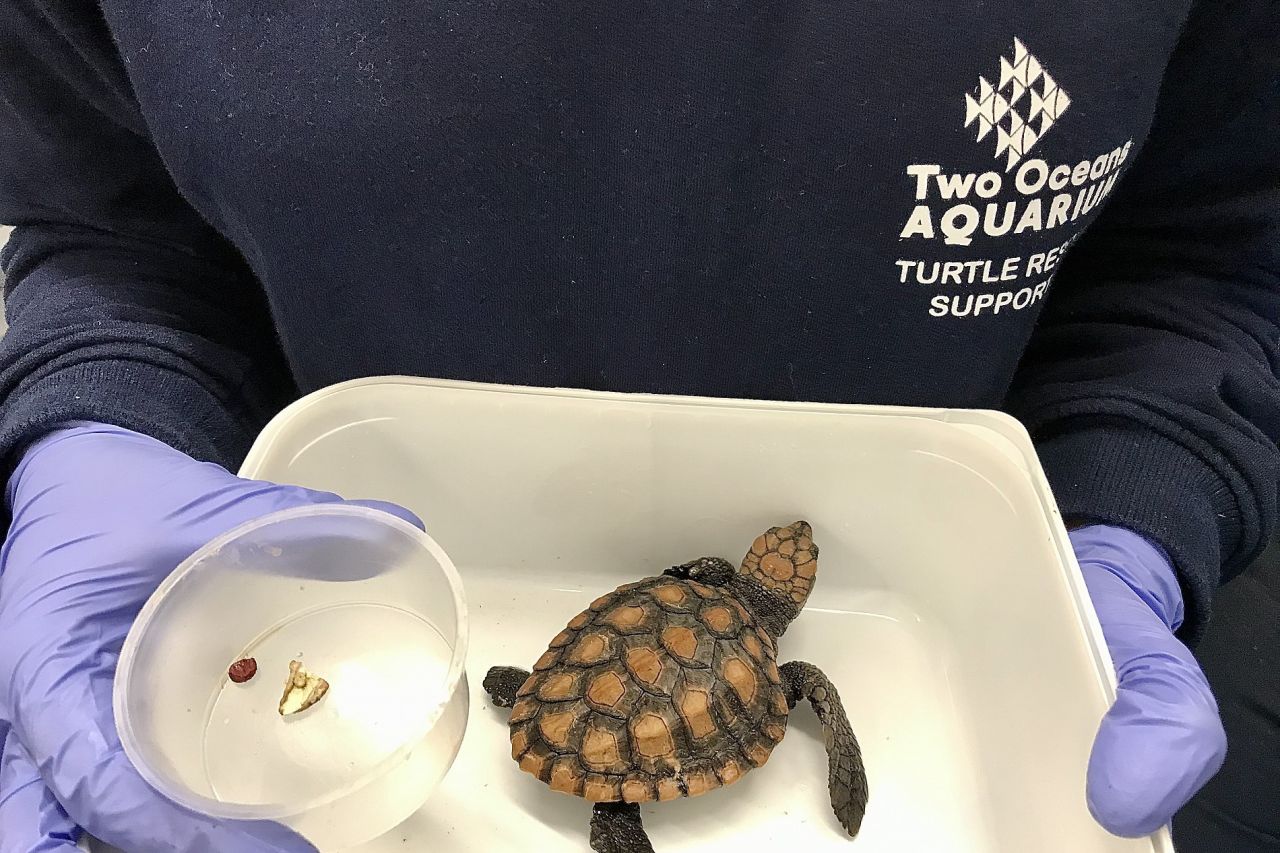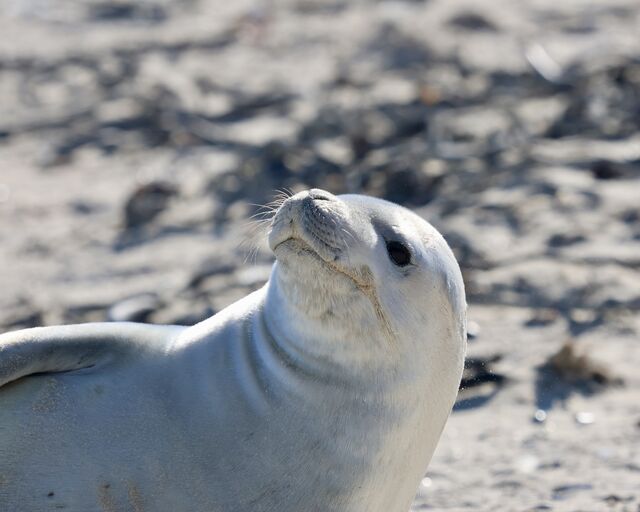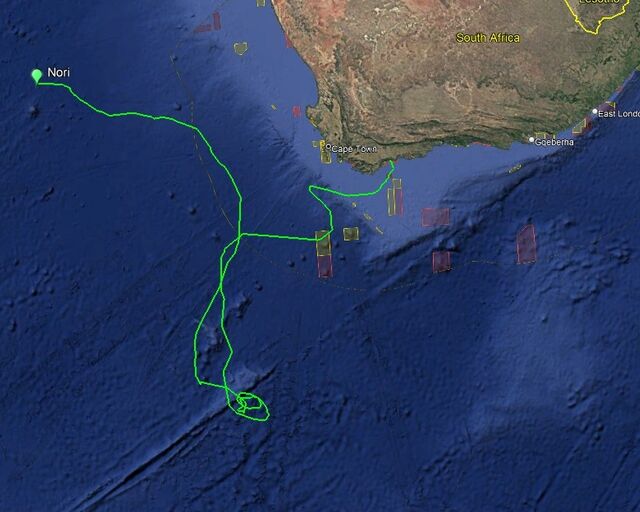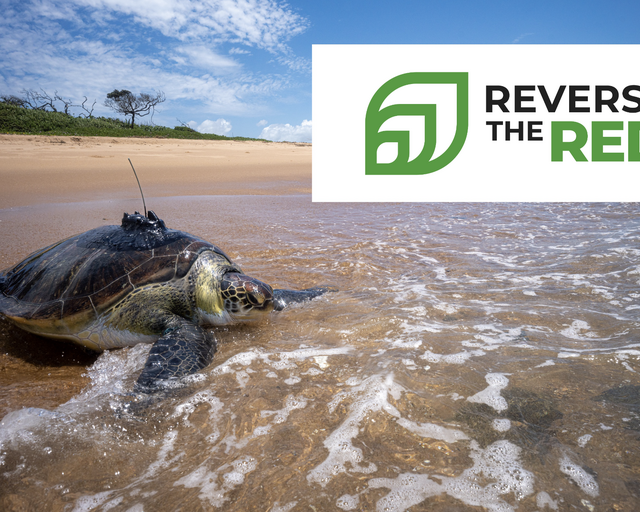Plastic free july: easy changes that you can make to keep plastic pollution out of our ocean
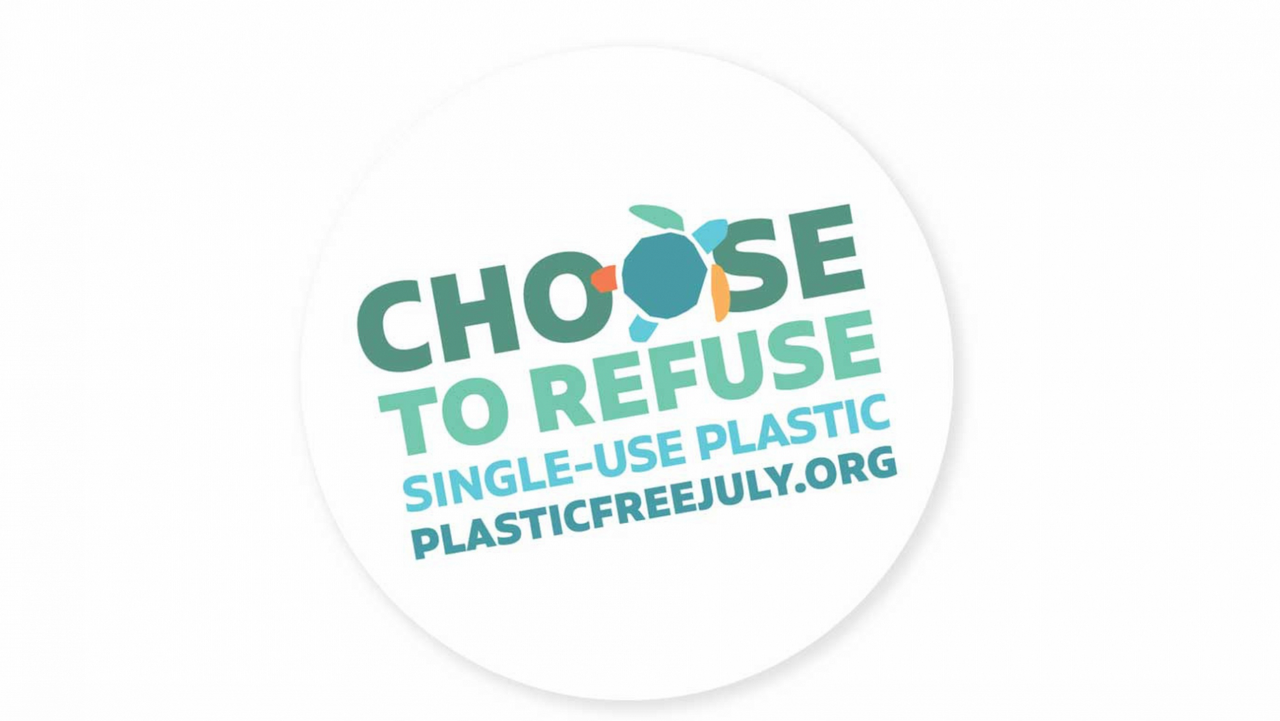
It's Plastic Free July, a month where people around the globe are challenged to say "no" to single-use plastics and be part of reducing the plastic pollution that enters our ocean. Cutting out plastic might sound like a big commitment, but there are plenty of small changes you can make to your daily life that have a large overall effect - especially if we all make these changes together!
On average, South Africans each produce about 41kg of plastic waste a year - 12kg higher than the global average! Only 14.9% of South Africa's 2.4 million tons of annual plastic waste are recycled. While small efforts are often mocked as being pointless or ineffectual, the combined "small" efforts of millions of people can have an enormous and sustainable positive impact.
You can find even more great tips on the Plastic Free July website.
- Skip disposable coffee cup lids - simply refuse lids when you get takeaways, or bring your own cup instead.
- Wash your clothes cold, slow, less often and by hand - It is estimated that 35% of all marine microplastic is derived from textile fibres! By washing synthetic clothing in your most gentle setting, and as infrequently as possible, you are reducing the number of fibres shed into wastewaters, and thus the ocean.
- Rethink the bag - Plastic shopping bags easily blow out of bins and landfills and end up in the ocean (even if you think they are being properly disposed of). Choose a plastic-free alternative, or bring your own reusable bag.
- Choose fresh fruit and vegetables that have the smallest amount of plastic packaging available.
- Bin your butts - Cigarette butts are the most common litter item found on beaches, because their synthetic filters are durable enough to be easily carried into the ocean via stormwater drains. If you're a smoker take care to properly dispose of your cigarette butts.
- Use your lips, you probably don't need a straw - Aside from a few people who use straws for medical reasons, most of us can easily give up these items for good. It is estimated that up to 8.3 billion drinking straws litter the world's coastlines, so eliminating these small items could have a hug impact.
- Cut a loop - Loops of synthetic material (eg. Bottle seals, box bands, packaging take, fishing line) ensnare and kill at least 100 000 marine animals annually. Simply cutting up these plastic loops before disposing of them can eliminate this marine hazard, even if the waste does, unfortunately, end up in the ocean.
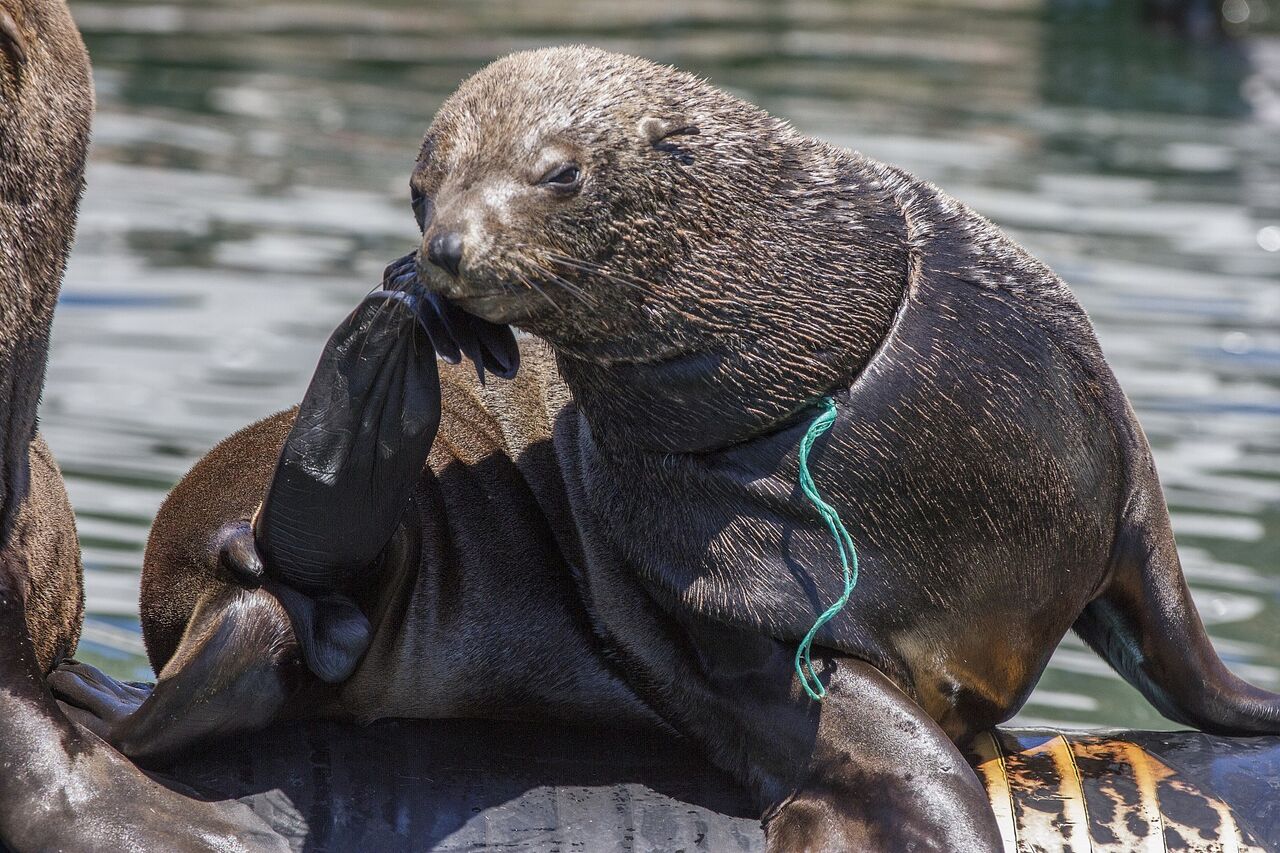
- Meat-free Mondays - Aside from the other environmental benefits of reducing meat consumption, meat is usually packaged with a lot of unrecyclable plastic. Eating less meat makes plastic easier to avoid.
- Drink tap water and refill your own bottle. If you're reading this, you likely have the advantage of access to fresh drinking water - no need for disposable plastic. If you drink water on the go, how about a beautiful glass bottle from our partner in turtle conservation, Consol Glass.
- Reusable mugs and cutlery - bring your own, no need to take plastic cutlery with your takeaways!
- Buy bulk where possible - dry goods are often packed in more sustainable ways, or with a relatively smaller amount of plastic, when in larger quantities.
- Recycle - While no recycling system is perfect, you can research what options are available in your area or for your residence and try to make use of these recycling options. Where possible, try to eliminate products that have packaging that cannot be recycled locally.
- Check your car's tyre pressure - Under-inflated car tyres wear quicker and shed more microplastics. Plus - they increase your fuel consumption and carbon emissions. Properly inflated tyres are an easy way to slightly reduce the impact of your commute if no alternative is available.
- Clean up your detergents and hygiene products - many of these contain plastic microbeads and fibres. The Beat the Microbead app is an easy way to scan ingredients to identify plastic pollution.
- Instead of balloons and cheap plastic ribbons, use paper-based party decorations like paper chains and paper lanterns. For big achievements, plant a tree rather than release balloons into the environment.
- Join a beach/environmental cleanup (like Trash Bash this weekend)
